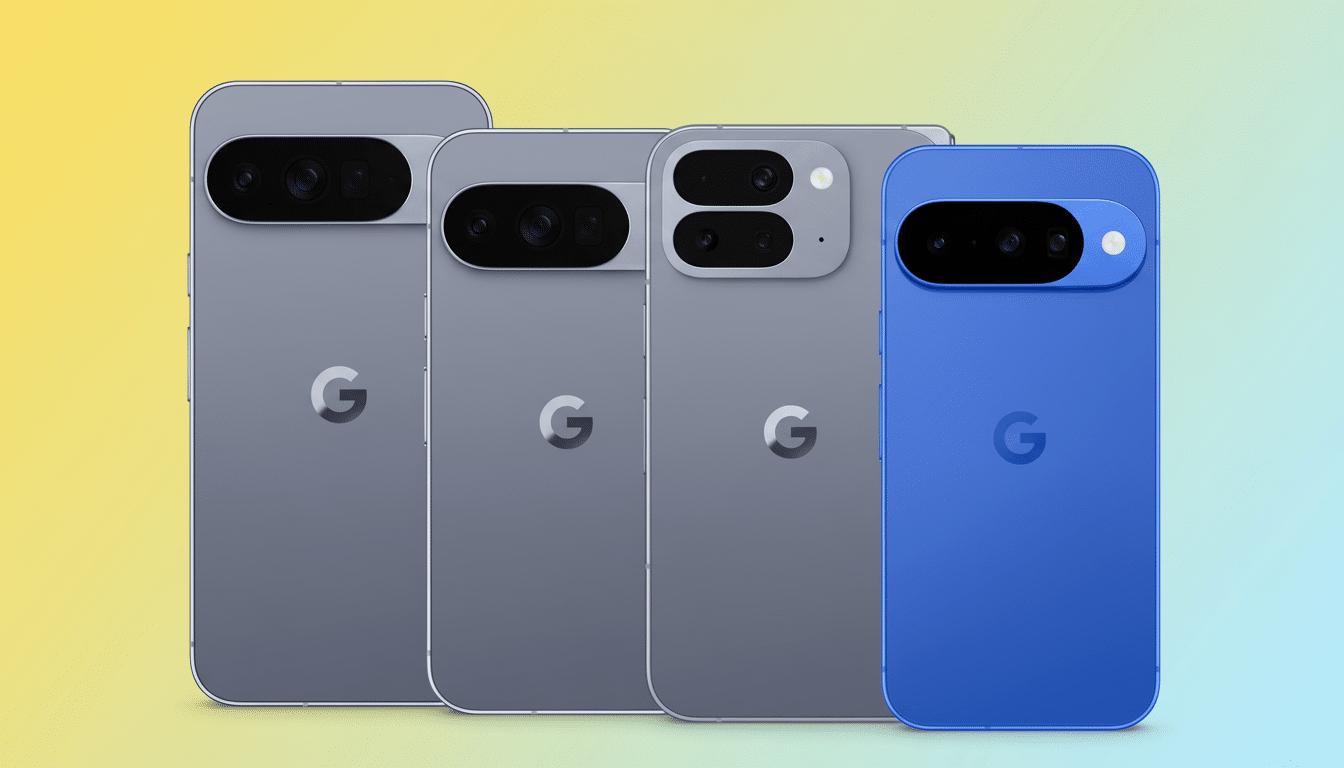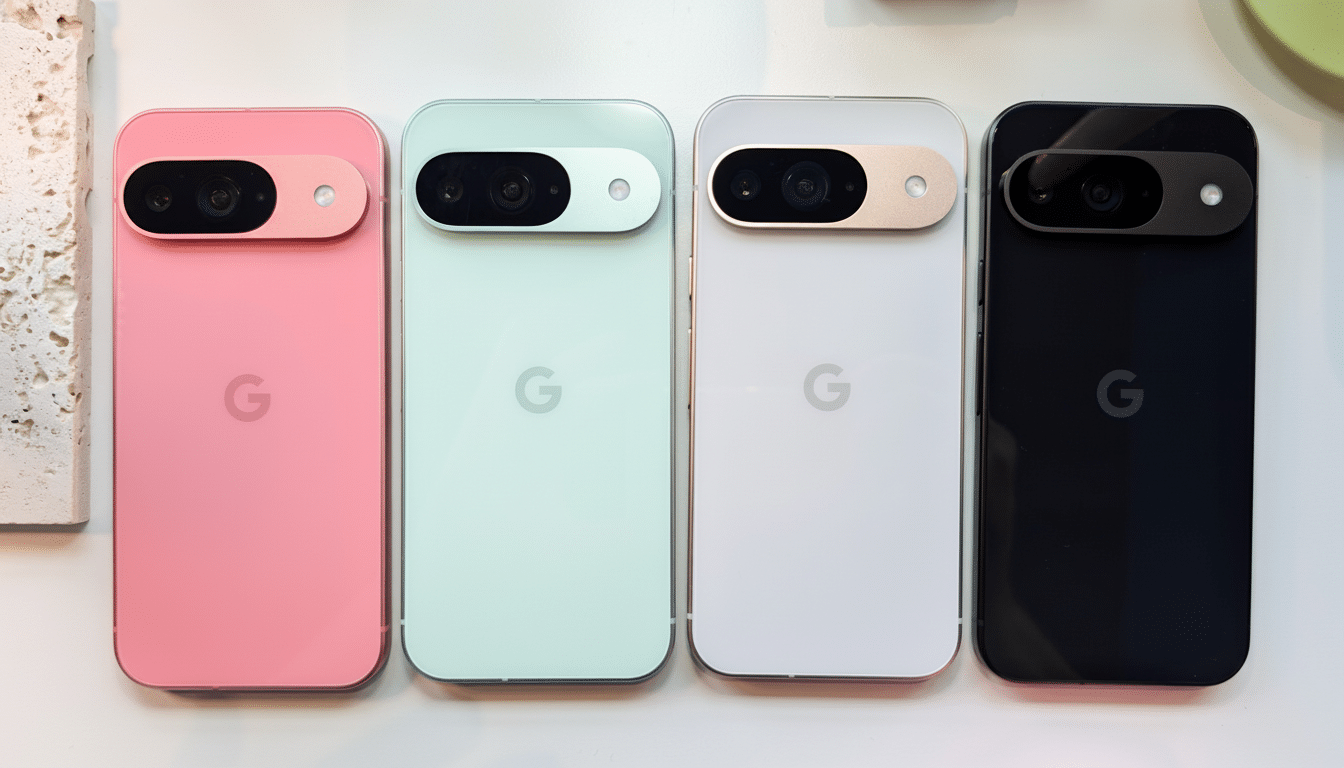Google is testing a smart overlay for Gemini Live, a new overlay that would display Google Maps-like information cards while sharing the camera. Code found in the Google app v16. 35. 63 beta by the folks at APK Mirror and other independent APK analysts, referred to on-screen cards which will display a place’s name, category, average rating, and the amount of reviews, as you point your phone’s camera at store signs and other landmarks.
Released, the feature would transform Gemini Live from a voice-first explainer to a more visual, context-aware guide.

It is also an extension of the visual assistance available now with the Pixel 10 series, in real time by which the assistant is able to figure out what you are trying to point the phone at and verify that the thing It is seeing on screen is the correct thing.
How the overlay would function
AdvertisementToday the Gemini Live feature is able to ‘read’ places which are in-view and tell the user information obtained through the Google Maps extension. The new overlay even pins preview cards to what the camera actually sees. Think of it like walking down a busy street: Point your phone at a row of cafes, and you’d see tiny cards for each shop displaying its name, the label of “Cafe,” its star rating, and the total number of reviews — all without any extra taps.
APK strings for Gemini mentions that it will show multiple cards in the event that there are several matches (like businesses with identical names). That’s handy in crowded markets, but has the potential to become clutter. The code has not yet exhibited this clear disambiguation by device location, which would cut the list down to its nearest result; expect that to be a top request if public testing widens.
Those same info cards can appear even when you’re not sharing the camera, in audio-only conversations, assuming, of course, that you explicitly tell the app’s software the location. Early signs suggest a non-interactive layout for the time being; the cards do not appear to respond to taps to open a full listing. That could easily change, though, as a deep link into Maps would make the overlay far more actionable.
A move closer to truly contextual help
It makes a lot of sense, you know, combining the conversational context of Gemini with the structured place data that underpins Maps. Google Maps has data on more than 250 million places and draws more than a billion people every month, according to company disclosures. Ratings and review volume are two of the strongest signals for local discovery; third-party research from organizations like BrightLocal reveals that consumers repeatedly cite reviews as their go-to resource when pointing them in the direction of businesses.
Google already combines computer vision and location data in products such as Lens and Live View. The overlay in Gemini Live would introduce a layer of reasoning over recognition: you could ask follow-ups (“Which one is one open late? or “Does it have outdoor seating?”) while watching the candidates on TV. For travelers, it might eliminate the friction of toggling among a camera, a voice assistant and the Maps app to make basic decisions.

It also suggests potential gains in access. Audio-first users might receive spoken summaries while those who respond better to visual cues have on-screen context too. And if Google adds larger wording options, haptic feedback or color-contrast controls, the feature might become a useful tool to help a broader set of users get around.
Privacy, accuracy and power balance trade-off
Real-time overlays bring to mind questions of what the camera is doing with all that processing and data. Google has been moving more AI workloads on-device over the past several generations of hardware; by analyzing frames locally, latency and privacy would be improved. All the same, the assistant requires some network access to download ratings and reviews, so camera permissions and visible camera indicators will still matter.
Its accuracy will depend on place detection and geofencing. In cluttered urban environments, bounding boxes can intersect and brand logos don’t necessarily match up perfectly with a single listing. If device location, compass orientation and depth were incorporated, it may allow Gemini to chose the correct candidate and prevent duplication or leading cards being selected. Battery life is another real-world limitation — continuously using the cameras and network can drink power — so be prepared for throttles or timeouts on longer sessions.
What to watch next
Since this feature is hidden in a beta build, it can be considered experimental. Features we uncover in an APK teardown are not officially guaranteed to be implemented in the Google Calendar app; they are discoveries. Yet the direction is apparent: Google is playing with the idea of collapsing search, context and conversation into one, camera-first experience.
If Google adds in tap-through cards, we can probably assume it means seamless handoffs to Maps for directions, menus, booking, and saving places. Integration with lists, offline caching, and safety information (as in busy times or accessibility details) would make the overlay more than just a cool demo—it would be a tool used on the daily to navigate life.
For now, though, the indicators land on a thoughtful next step for Gemini Live: a glanceable layer of place intelligence, which surfaces when you need it and gets out of your way, pronto.
If done well, it could be the bridge between ambient AI and the messy human world that Google has been pursuing across its products for years.

